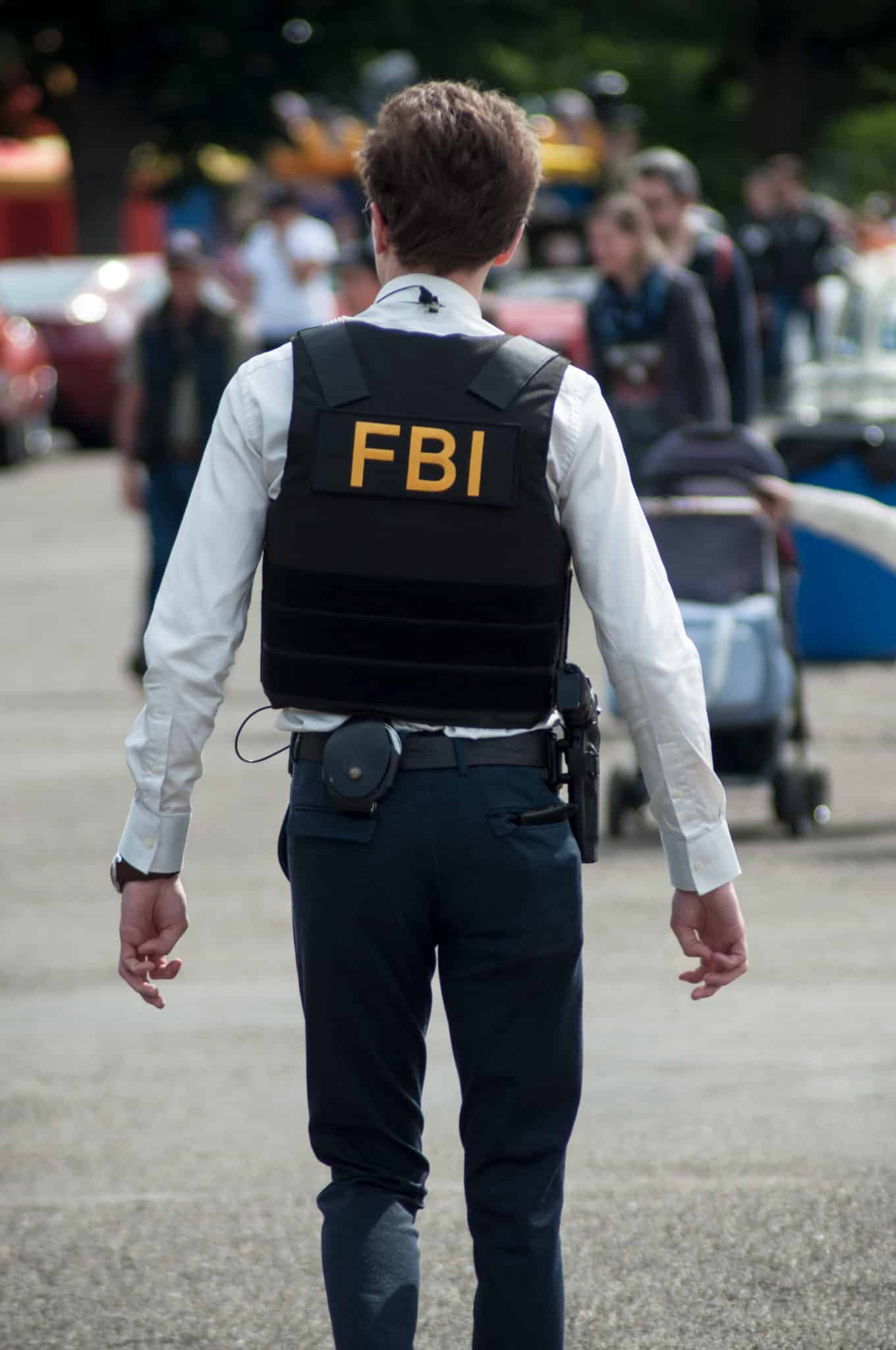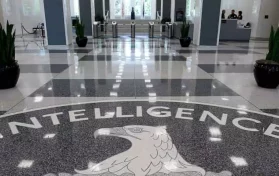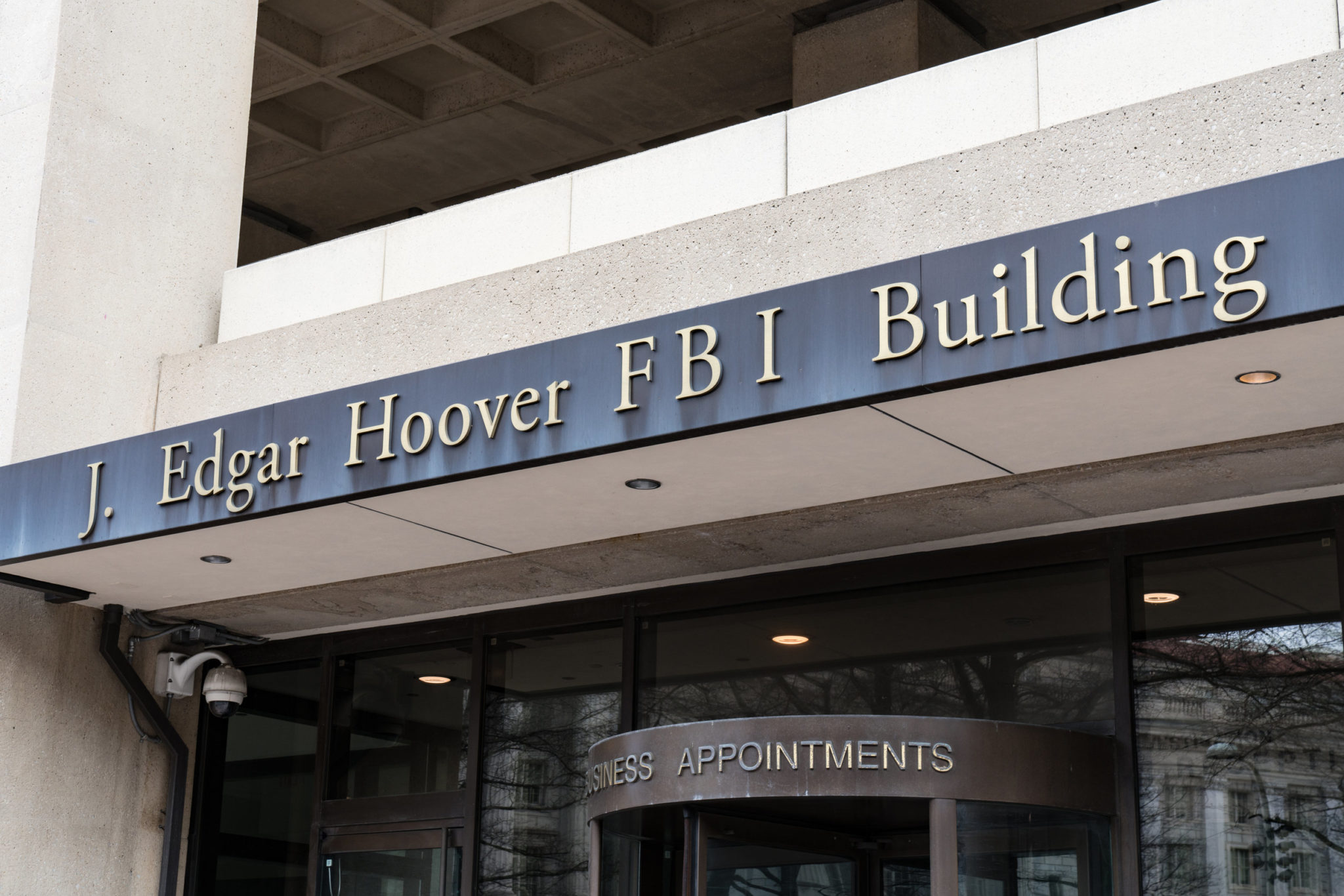
In 2020, then-President Donald Trump drafted an executive order that forbid Critical Race Theory in federal employee training programs. This executive order was one among many that the Biden Administration overturned after Jan. 20. However, certain training materials have come to light, revealing that the Federal Bureau of Investigation at one time provided training on “intersectionality.”
Intersectionality is defined as “the interconnected natire of social categorizations including gender, class and raceas they apply to a given individual or group of people, regarded as creating overlapping and interdependent systems of discrimination or disadvantage,” according to the Oxford English Dictionary. Those who have reviewed the FBI training paperwork say that the definition provided by the FBI training materials is located on “illegible” documents.
These materials came to light just after United States Attorney General Merrick Garland had released a memo instructing the FBI to investigate possible threats of violence at local school board meetings across the country.
An FBI spokesperson stated that the “intersectionality” training had not been a part of the Bureau’s inclusion training for over a year.
A perusal of the documents utilized in “intersectionality” training including the breaking down of one’s individual identity along the lines of race and ethnicity, social class, religious affiliation or lack thereof, and sexual orientation. The material asks trainees to “identify the part of their identities that they are most and least aware” as well as to consider the identity that the trainee’s family emphasized. Trainees are also asked to ponder the parts of their identities which they believe is “invisible” to the people around them, particularly their coworkers.
These training exercises are posed in the form of an open-ended statement; trainees must write an answer to a sentence stem, and then the answers are meant to “provoke interaction.” In theory, participants in this training are able to look at life from the prospective of another person, typically a person that feels marginalized in some way.
While it is noble to recognize others as they identify themselves and to celebrate uniqueness, there are hints of Critical Race Theory throughout the training material. Those who oppose the teaching of Critical Race Theory maintain that the ideology that society can be disseminated in order to uncover “systemic racism” throughout inter-personal relationships as well as bedrock institutions of society.
The FBI maintains that they no longer pack “intersectionality” into their trainees’ materials, but it has been a part of their “inclusion” training in the past. It is possible that this could be a part of inclusion training in the future as well.
Christopher Rufo, a journalist who has written and researched much regarding the push for Critical Race Theory in public education, the military, and in government organizations such as the FBI, has filed a FOIA request to uncover more documents possibly not included in the released “intersectionality” materials.
Intersectionality is certainly not a new idea; this theory was put forth by Professor Kimberle’ Crenshaw, and it was added to the Oxford English Dictionary in 2015. Intersectionality was once chiefly associated with women’s rights.
An FBI spokesperson related that this type of training has not taken place since just prior to then-President Trump’s executive order banning this type of professional development. However, it is impossible to tell how many agents were affected by this training.





